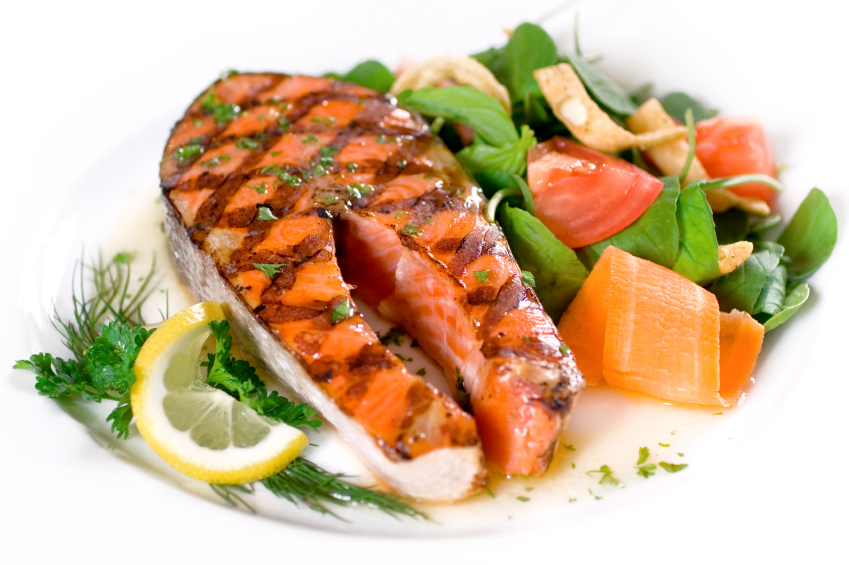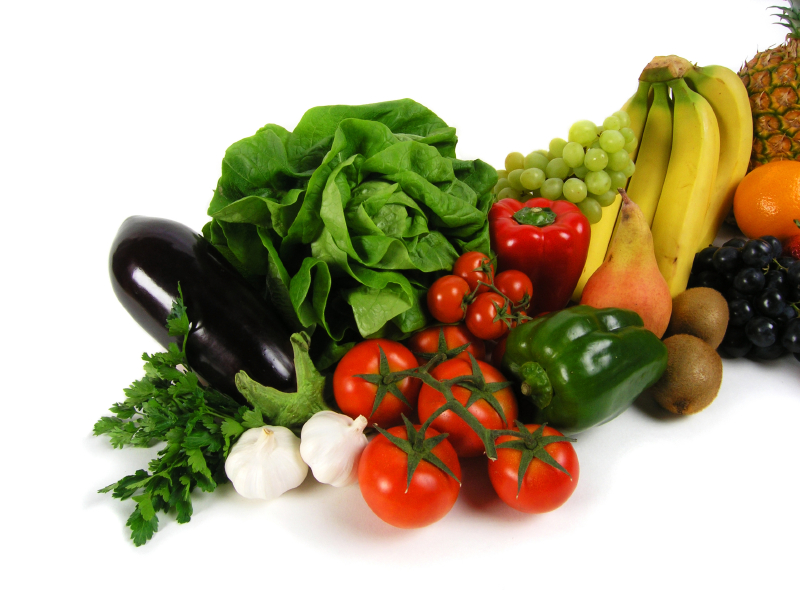Nutrition and exercise or athletic performance are strongly related yet many athletes tend to focus only on their physical training and neglect their nutrition.
Proper nutrition can enhance physical performance and maximize benefits derived from exercise. Conversely, poor nutrition can undermine exercise programs and athletic endeavors leading to sub-optimal performance, injuries, premature aging and even serious disease.
Whether you are a world class athlete or a weekend warrior, whether you are already working out regularly or just thinking about starting a fitness program, you need to question whether your body is getting the nutrition it needs to support the demands you are placing on it.
The food we eat is vitally important to our wellbeing. Modern diets are woefully inadequate to maintain optimal health, especially for the athlete. Over time, a poor diet not only diminishes physical performance but may also increase the risk of developing degenerative conditions like heart disease and cancer.
It doesn’t have to be that way. Hippocrates once famously said, “Let food be your medicine, and medicine be your food.” Good advice then and still good advice today.
Exercise and physical training is obviously essential for improving athletic performance but it also imposes significant nutritional demands on the body, especially as energy demands our increased and physical limits are challenged. Anyone engaging in physical activity of any kind and at any level should be aware of these additional nutritional demands.
- Physical activity increases the body’s production of harmful free radicals and may lead to oxidative stress. Proper nutrition can help minimize oxidative stress by providing greater amounts and a greater variety of antioxidants capable of neutralizing those free radicals.
- While exercise is an important part of staying in shape and improving performance, it also places new physical demands on your body. Proper nutrition can help to maximize lean muscle mass and reduce body fat for optimal health and performance at any age.
- Exercise and physical activity place variable ‘stop and go’ stresses and demands on the body. Proper nutrition can help the body store energy in the form of carbohydrate and fat releasing it appropriately under widely differing conditions including rest, sustained activity, peak performance and recovery.
- Muscles, tendons and ligaments are only be as healthy as the materials they are made of. These tissues, along with the fascial system of the body, act as shock absorbers that help dissipate stress away from the bones and joints. Every time we exercise some tissue damage occurs. If the body does not have the optimal nutrition to repair itself it will rebuild new tissue with weaker materials.
The bottom line is that optimum performance in sport is achieved by professional training and good nutrition.
I often see athletes who are “physically” fit, but not “nutritionally” fit. The more serious the athlete the more important proper nutrition becomes. Signs of inadequate nutrition may include: chronically stiff muscles and joints; insomnia; poor digestion; poor recovery from training; frequent injuries; poor flexibility; lack of energy. One of the most important measures one can take to meet these nutritional needs is to consume a wide variety of fresh, raw, fruits and vegetables every day. Fruits and vegetables are excellent, nutrient dense foods that provide a whole range of antioxidants that will minimize oxidative stress and protect us from free radical damage.
Another very important nutrient to ensure you are consuming enough of is PROTEIN. Protein is made up of Amino Acids that are used to repair and rebuild tissues after training, as well as to produce various enzymes essential to overall health. The harder you train, the greater your need for protein becomes. I suggest aiming for about one gram of protein per pound of your lean body weight daily.
Protein-rich foods include eggs, meat, fish, poultry, nuts, seeds, dairy, legumes, and other plant-based sources as well. If you find it difficult to consume enough protein from whole foods, you may choose to take a protein supplement. Whey protein isolate is a good source of bioavailable protein that is sold at most health food stores. My suggestion is to find one that is unsweetened or that uses natural sweeteners such as stevia rather than artificial sweeteners or sugar. I’d also look for a high quality whey such as New Zealand whey isolate.
It’s also important for athletes to get enough healthy fats in their diet. Often people who are health conscious assume that they need to follow “low-fat” diets, but they fail to consider the importance of EFA’s (essential fatty acids) such as Omega 3 Fats. A good source of healthy fats is foods like fish, nuts, and seeds, but you can also purchase high quality fish oil supplements.
Vitamin D3 is another powerful supplement I recommend for everyone, especially if you don’t get a lot of sun exposure. Check out my blog post on Vitamin D for more information on this simple yet amazing nutrient:
Athletes also need to consider how much carbohydrate they will need to fuel their performance. Take a look at my article on Soccer Nutrition here:
=> Soccer Players Need Better Nutrition
To become the best player you can be you need to balance your technical training, physical conditioning (ie: working out), nutrition, and mental conditioning. The nutrients you put in your body are essential to your development as an athlete… start eating like a champ!

